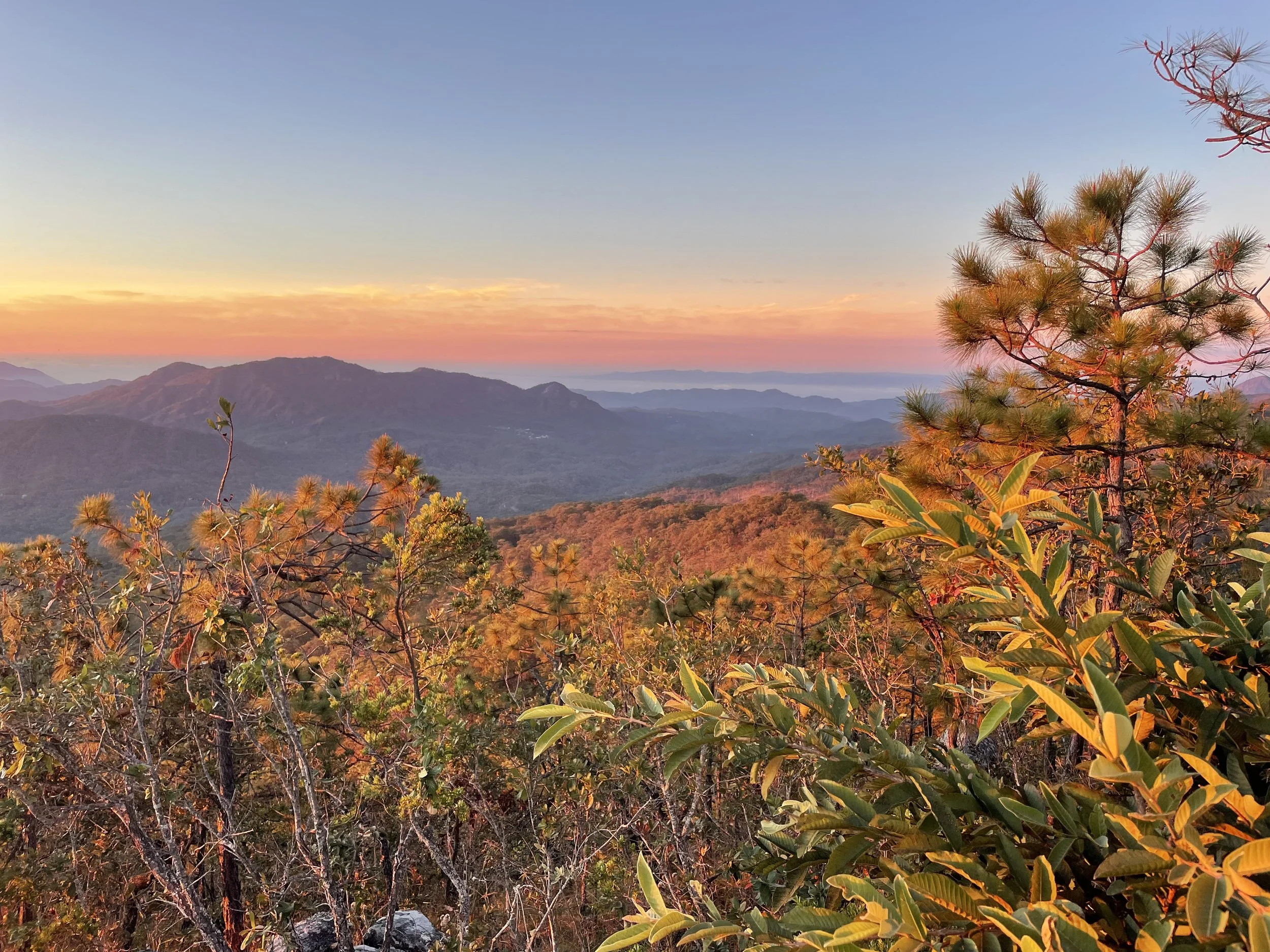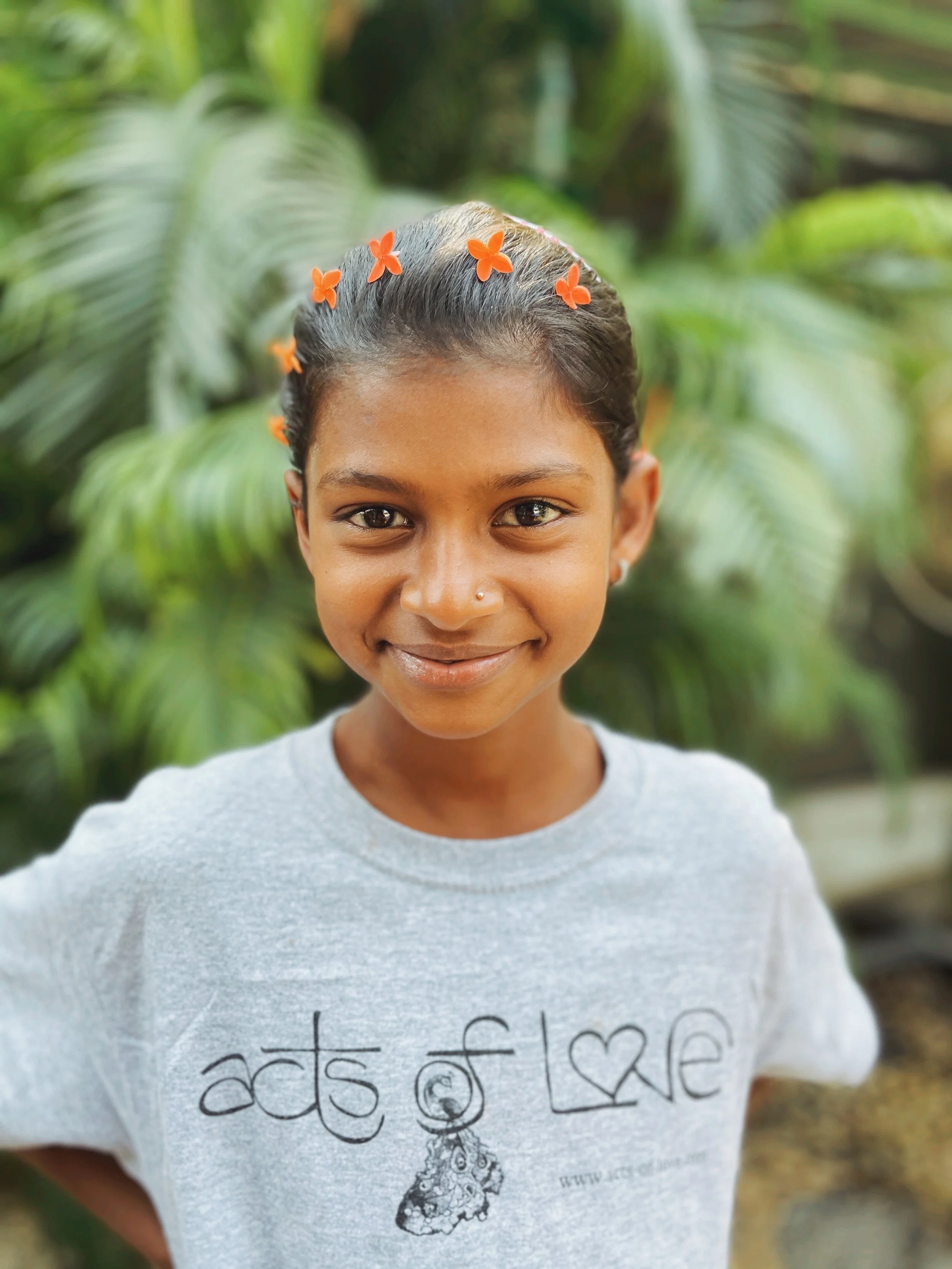The Brokpa People of Dah
Nestled in a fertile sliver of land in the Indian Himalayas, the Brokpa are an
ethnic minority with genetic uniqueness and mysterious origins which have
inspired legends, fascinated tourists, and even puzzled the Brokpa themselves.
Situated high atop the Indus River banks, on a narrow strip of fertile land, a tribe of mysterious origins has flourished for centuries.
Legends say that the Brokpa of Dah are descendants of a lost army of Alexander the Great. Others speculate they are Dards, an exiled tribe from Gilgit, in what is today politically a part of Pakistan.
The Brokpa themselves do not know where they come from. Nevertheless, it is not surprising that there is a cause for wonder. Their distinctive fair skin, sharp noses, and unusual coloured eyes are clearly different from the majority of people in Ladakh, whose appearance is influenced by Tibetan Mongoloids. It is not only looks that separate them from others. In a traditionally Buddhist territory, the Brokpa beauties who initially practiced Shamanism, have long been famed for being wild women with multiple lovers.
At first glance, I'm struck by the arrangement of flowers adorning their heads. Women's hair is fully braided with extensions of old hair used to lengthen the long tresses. It is finally gathered in a knot well below their waists. Turquoise, pearls, coral, silver, and shells embellish the finery of the women. Goatskin coats cover their backs, and many strands of beaded necklaces decorate their chest.
Here, where the natural world inspires ornamentation, there is no need for perfume, lipstick, and mascara. However, times are rapidly changing, and many of the Brokpa are abandoning traditional clothing for the easier to use ‘Punjabi dress.’ These days traditional garments are mostly used at festival times only with a few elders still wearing their heavy costumes daily.
As a western woman coming from a culture where push up bras and plastic surgery are becoming the norm, I envy the natural beauty of the Brokpa. In times where society has submitted to the artificial, and our beauty standards have followed in its lead, I want to believe that the world I witness in this small sliver of paradise is not confined to this place alone.
The magnificence of the Brokpa, amidst a superficial world, reminds me that real beauty is one where the outside reflects what is within. That indeed echoes the splendour of Dah, where apricots dangle ripe for the picking and grapevines sway to the songs of young love.

















































